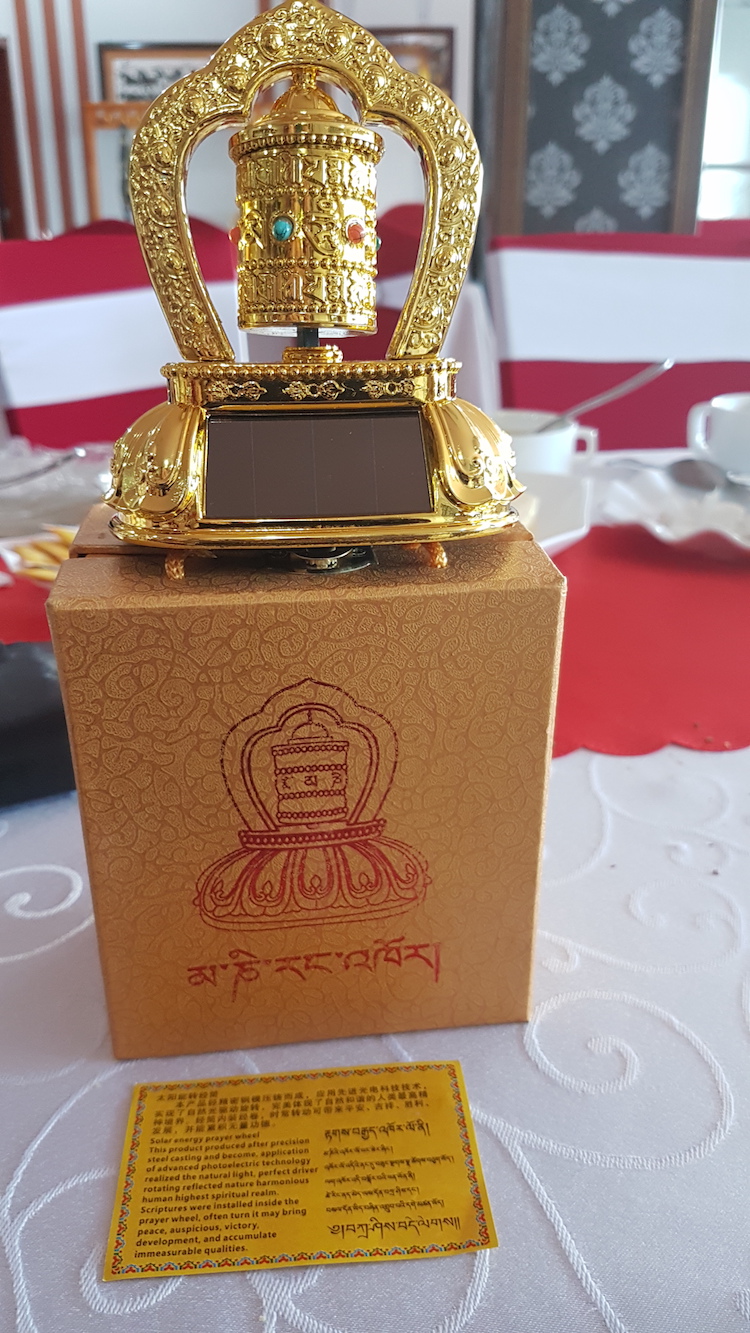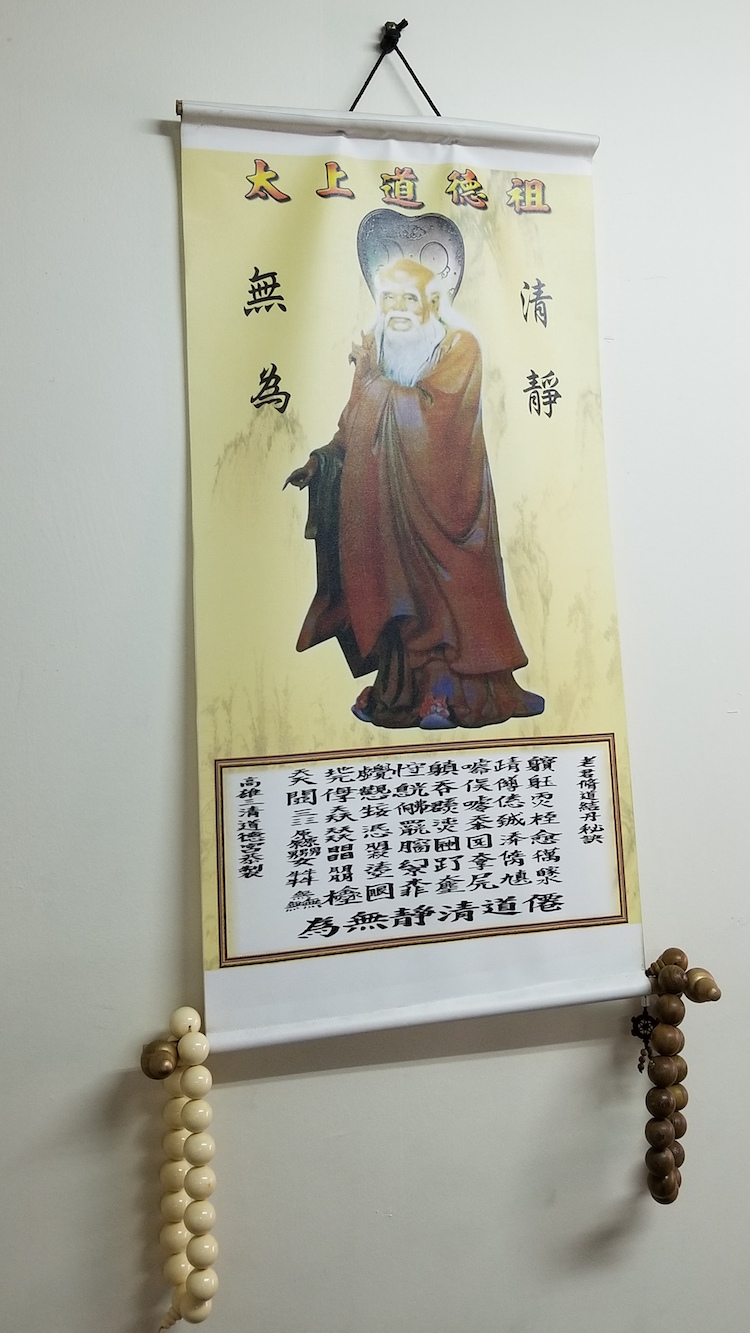Finland's national radio broadcaster pulls the plug on the news in Latin
During the last few decades, I have served as the "opponent" in several Scandinavian doctoral defenses. I wore a tuxedo, top hat, and silk socks, plus gleaming black shoes. Much of the ritual was conducted in Latin, so I was quite aware of the high place accorded that ancient language in Scandinavian academia, especially in Finland, where all of my colleagues, no matter what their field, had received extensive training in Latin already in high school back in the fifties, sixties, and seventies. It seems, however, that Latin education has been rapidly declining since that time.
Now, one of the last holdouts for general knowledge of Latin in Finland is being terminated:
"Requiescat in pace: Finland's Yle radio axes Latin news show after 30 years: Public broadcaster cancels weekly summary Nuntii Latini as original presenters retire", AFP in Helsinki, The Guardian (6/24/19)
Read the rest of this entry »



